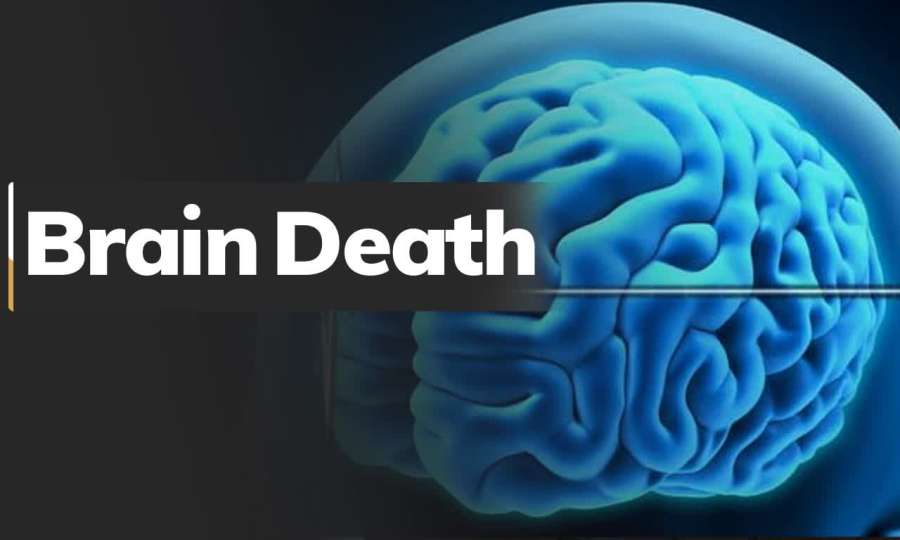One of the entries recently published by “Reza Bazili” in the Encyclopaedia of Contemporary Jurisprudence is the entry “Brain Death”.
In the statement of the problem of this entry, it is stated that from the point of view of some contemporary religious taqlid authorities, such as Ayatullah Muh. Fazil Lankarani and Ayatullah Javad Tabrizi, the recognition of custom is valid in determining the issue, and since custom considers a brain-dead patient to be alive, in jurisprudence, such a person is considered a living person. A group of contemporary jurists such as Ayatullah Husayn Ali Muntazeri, Ayatullah Naser Makarem Shirazi, and Ayatullah Husayn Nuri Hamdani have considered the criteria of brain death patients to be alive or dead to be diagnosed by special customs (specialist doctors). According to the general rules of inference, the flow of all rulings related to brain death, such as organ transplantation, continuation or cessation of treatment, compensation for organs, and disposal of the dead, depends on the diagnosis of the matter.
While stating the position of the issue in contemporary jurisprudence, this article first deals with the concept of this debate and then examines the criteria for diagnosing death in a brain dead patient.
In the final discussions of this entry, the rulings related to brain death are stated and finally, the study resources of this discussion are provided to the readers.

